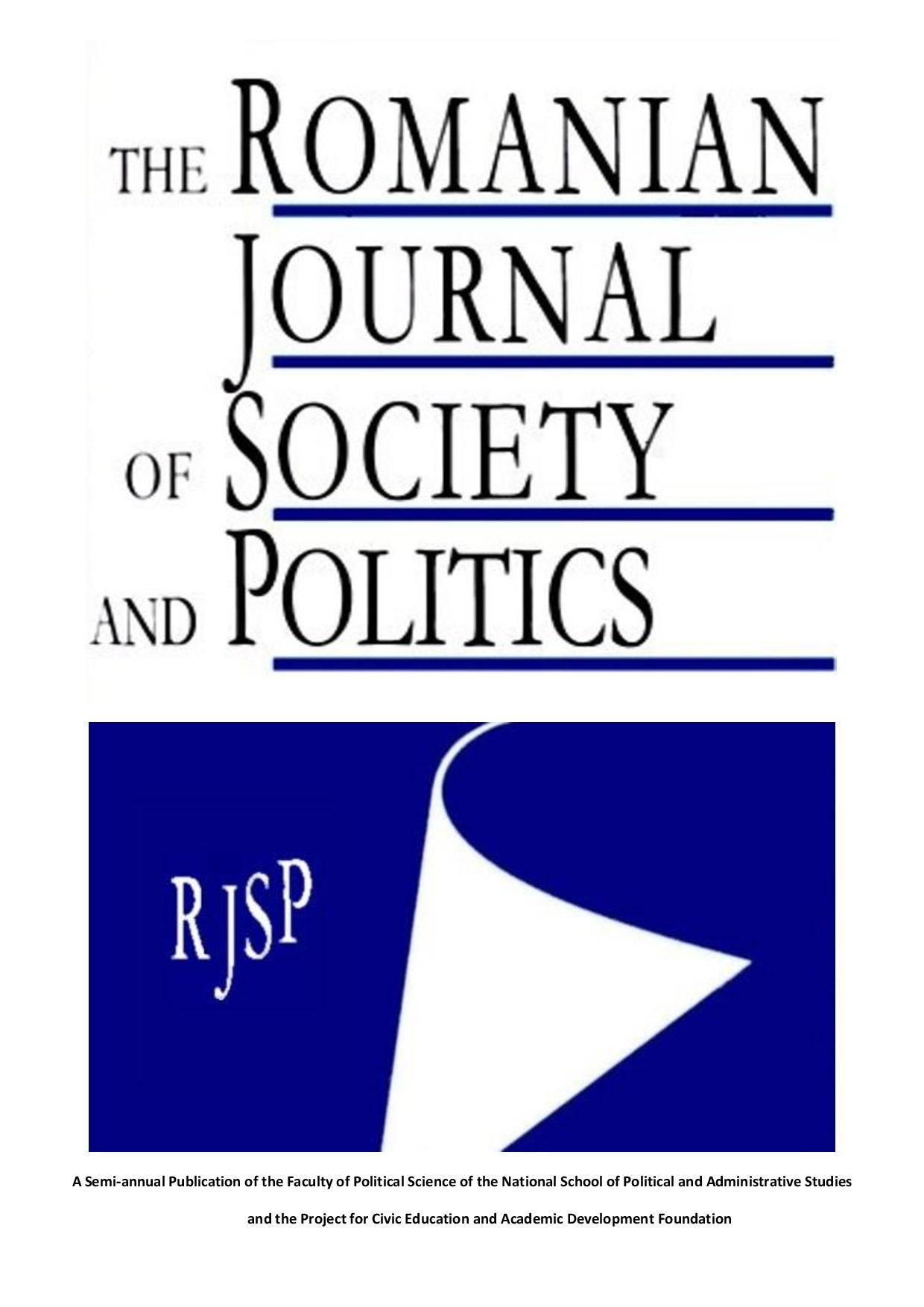JUSTICE IN EDUCATION: EVALUATING THE SATZ-ANDERSON RESPONSE
JUSTICE IN EDUCATION: EVALUATING THE SATZ-ANDERSON RESPONSE
Author(s): Valentin STOIAN-IORDACHESubject(s): Political Philosophy
Published by: Scoala Nationala de Studii Politice si Administrative (SNSPA)
Keywords: Education; Justice; Sufficientarianism
Summary/Abstract: The paper aims to evaluate the reply offered by philosophers of educational justice Elizabeth Anderson and Debra Satz to the challenge posed by Harry Brighouse and Adam Swift. According to the latter two authors, the positional character of education undermines the application of sufficientarian principles to the distribution of educational resources. In the Brighouse-Swift view, a good is positional when its crucial characteristic is how much one possesses of it in relation to others. The two philosophers argue that education has this characteristic. Satz and Anderson reply that sufficientarianism can also survive in education, as the current educational structure should be modified. They maintain that the argument for an adequate minimum can diffuse the positionality objection and that by modifying the social structure to allow for other avenues of social mobility one can put less stress on formal education. The paper rejects the two claims and argues against sufficientarianism in education. Firstly, it puts forward the idea that any minimum is politically debatable and not an adequate reply to the positionality objection. The paper then rejects the second claim by arguing that it requires too much social engineering and that education under conditions of equality fits the purpose of social mobility much better.
Journal: Romanian Journal of Society and Politics
- Issue Year: 11/2016
- Issue No: 1
- Page Range: 44-56
- Page Count: 13
- Language: English

